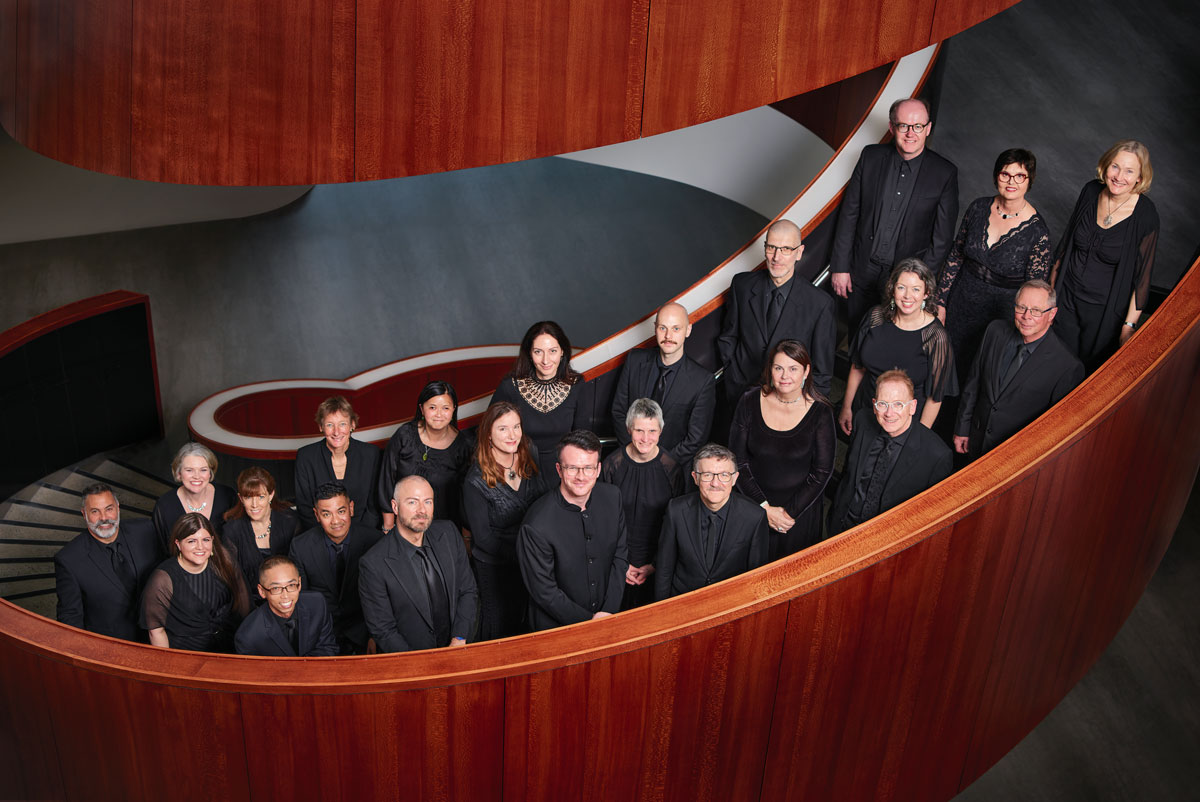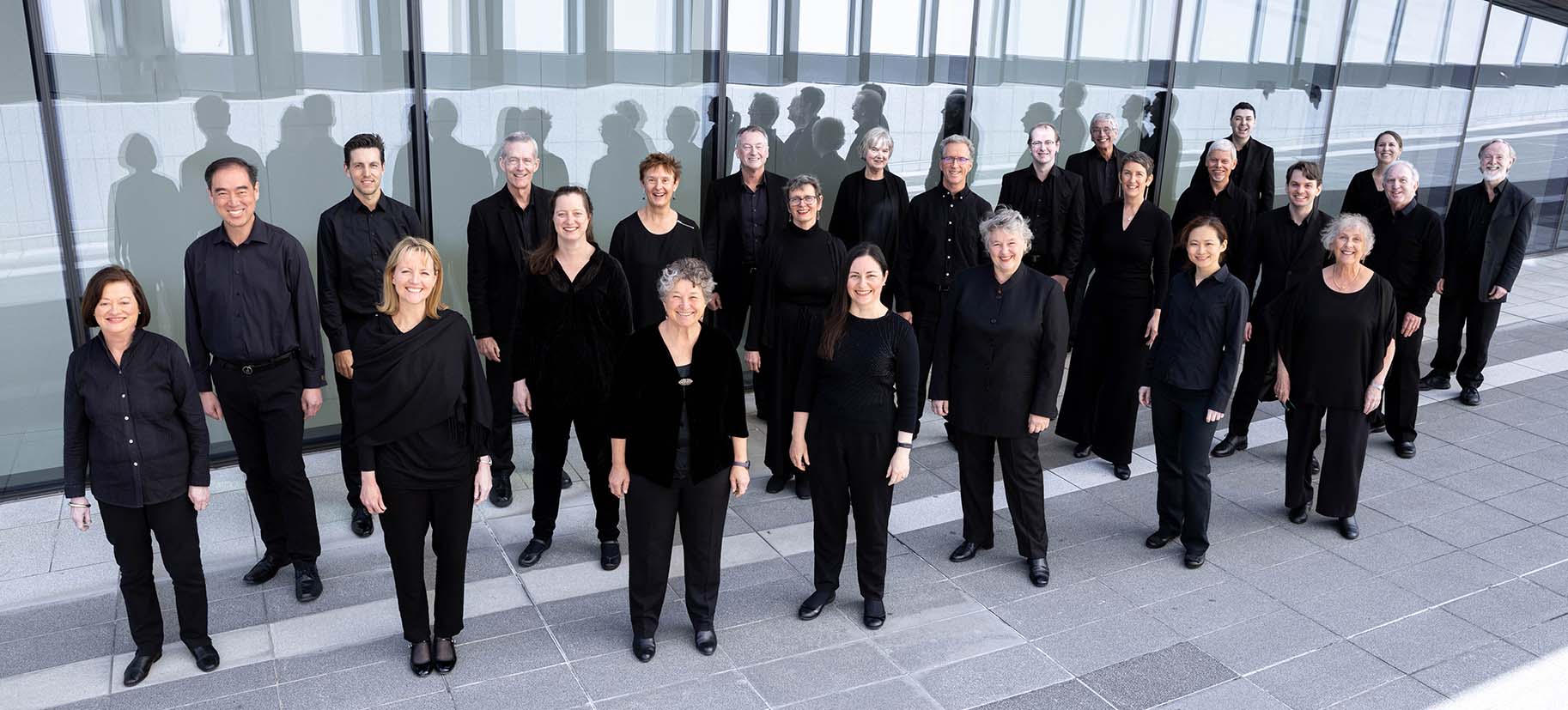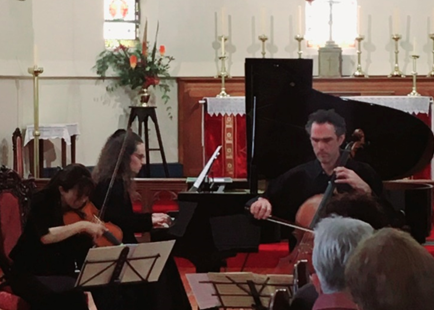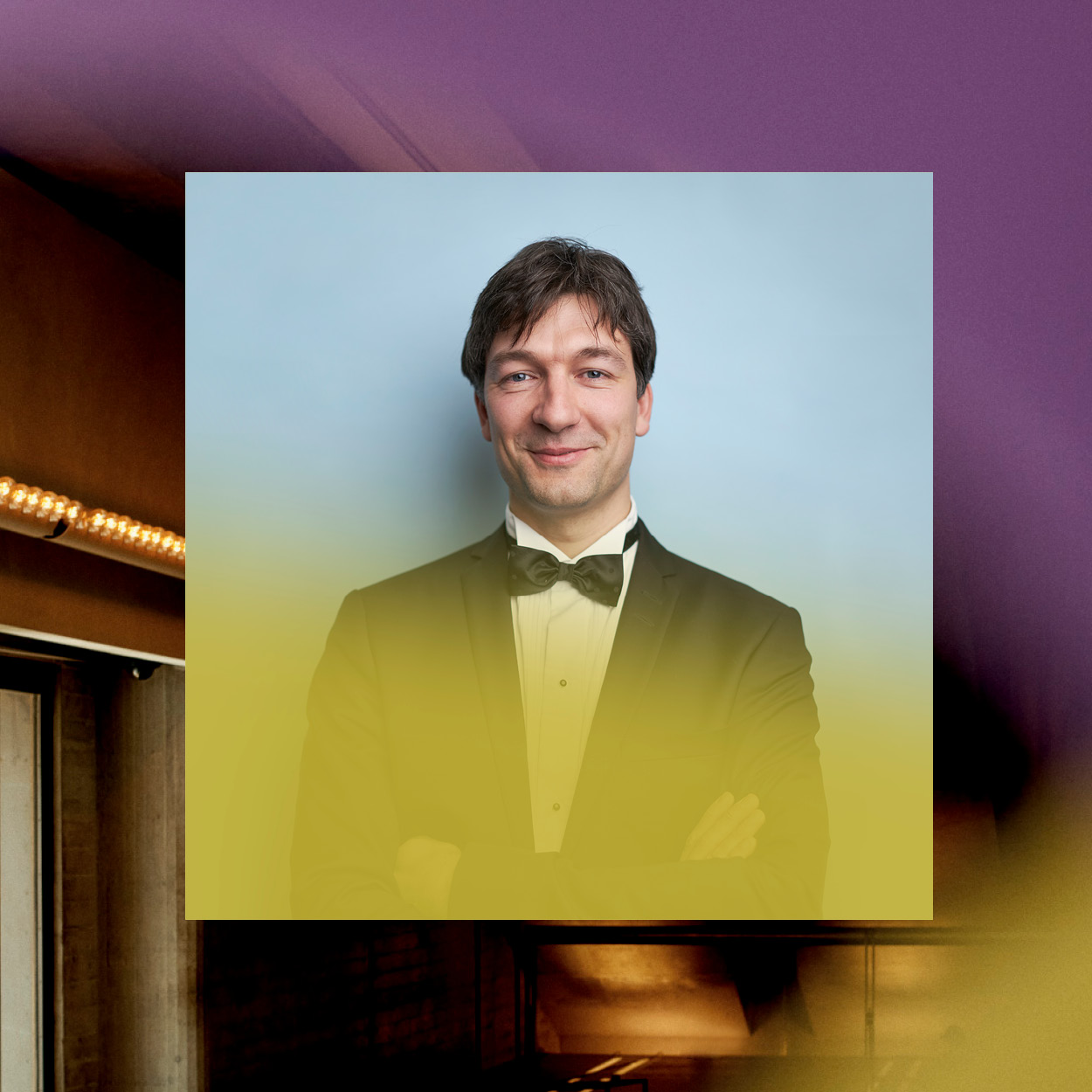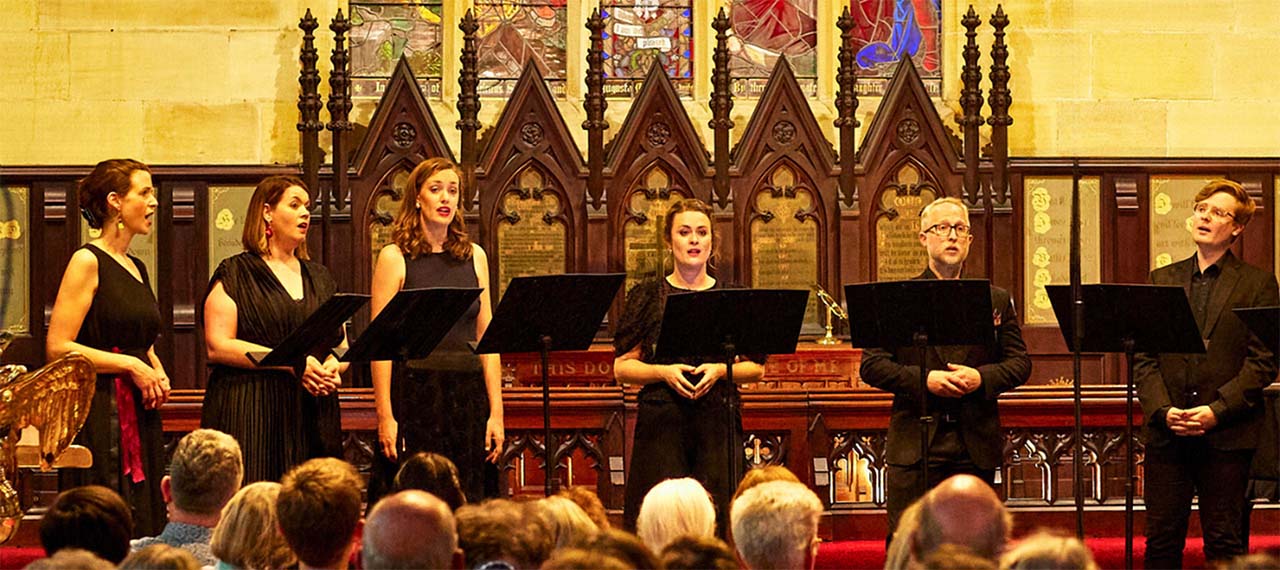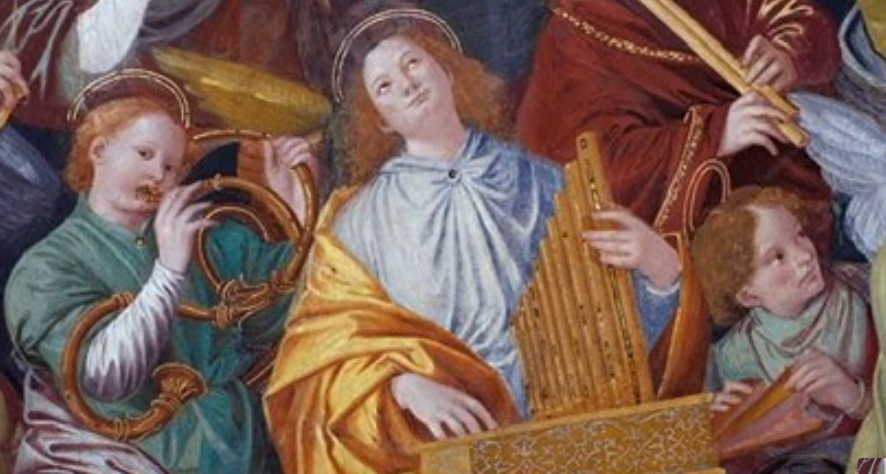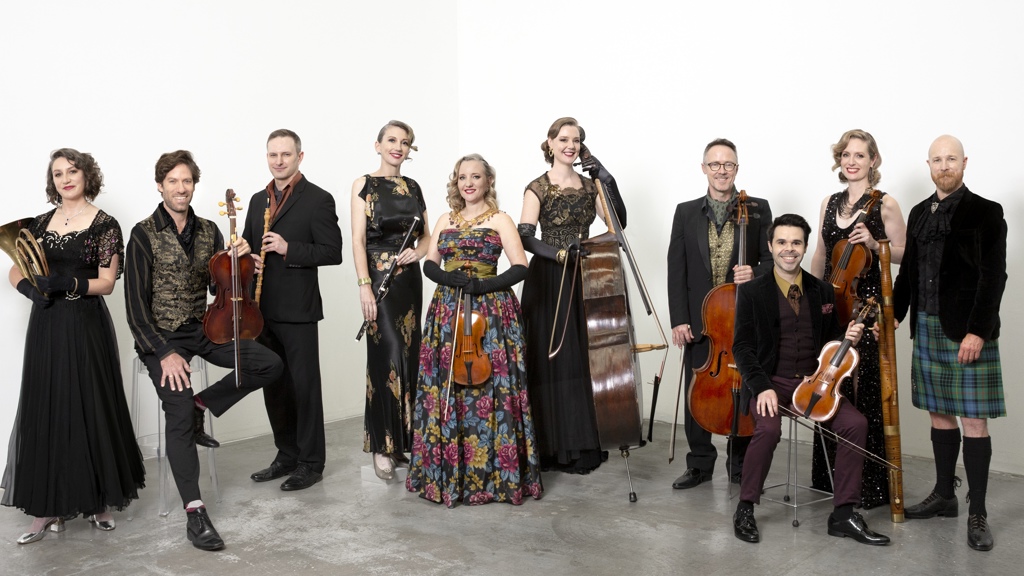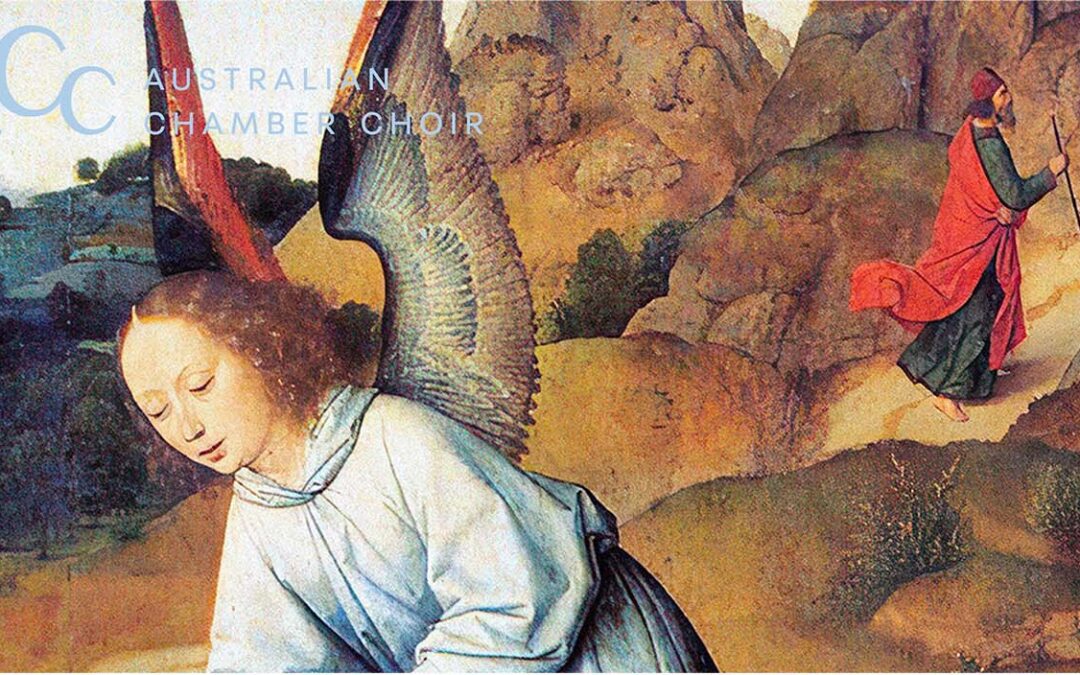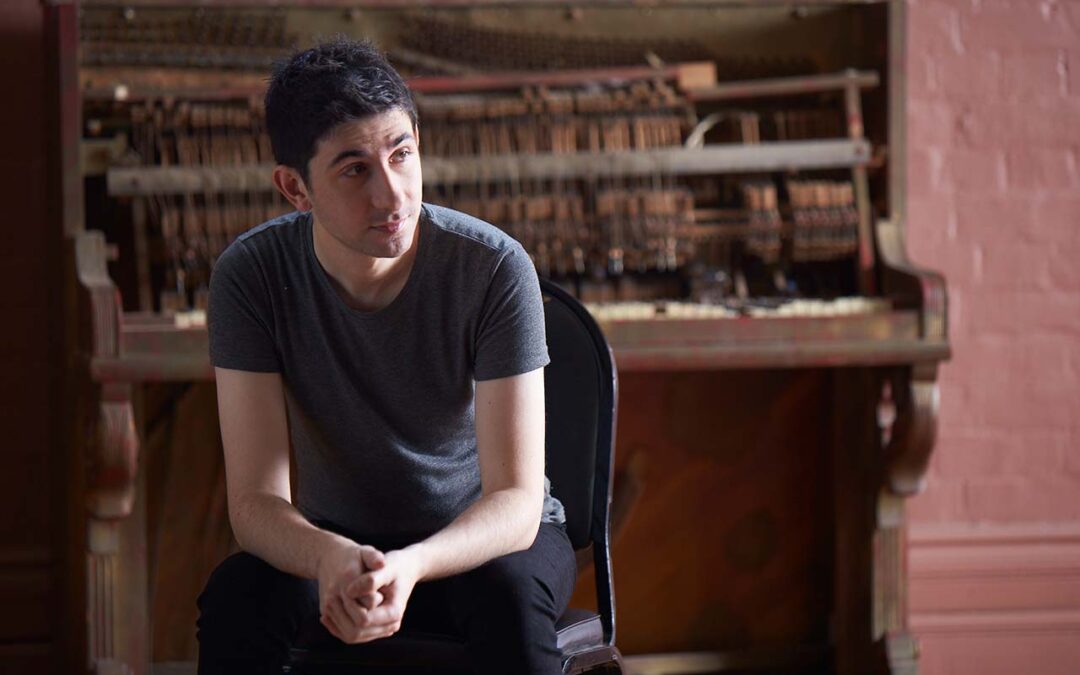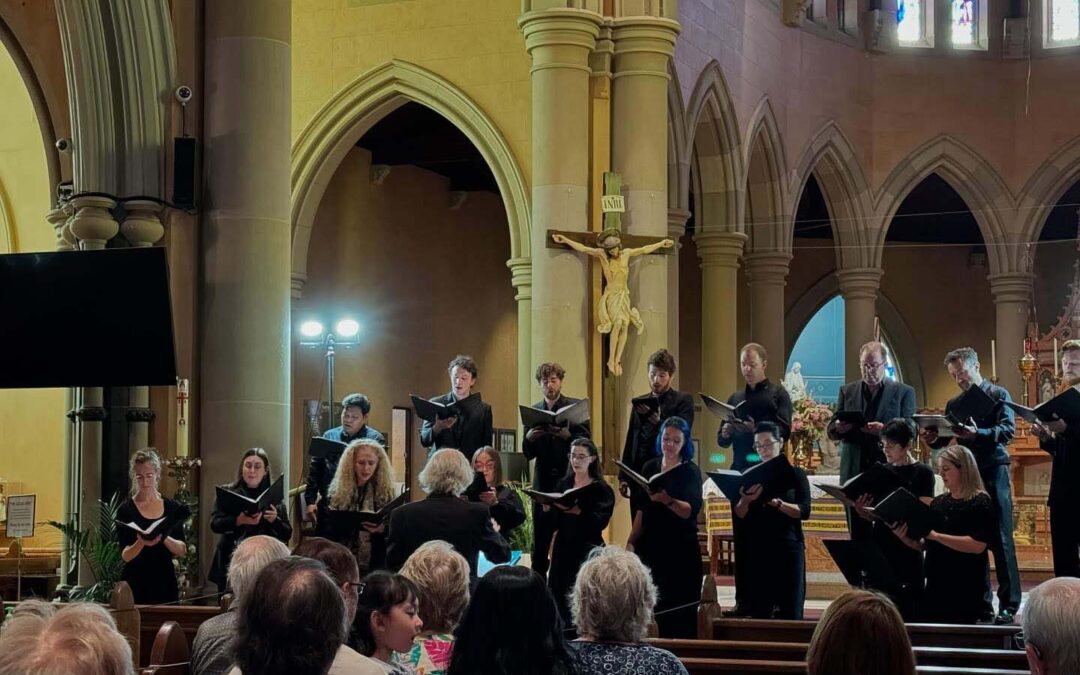The end of an era can be mourned or celebrated and the audience at Sydney Mozart Society’s latest concert certainly chose the latter course, giving the Goldner Quartet a great send-off following their final recital in this series after thirty years of performance.
Dene Olding, now viewed as a friend rather than a celebrity gave a comprehensive introduction to the three quartets on the programme and this was greatly appreciated.
Mozart’s C major quartet K157 is the third of his “Milanese Quartets” written in Italy at the age of sixteen. Despite its immaturity, the work shows the composer’s typical flair and mastery and the four instruments share the content equally. A beautifully serene slow movement in the minor mode is followed by a breathtaking jumpy Rondo.
Beethoven’s Op 74 quartet in E flat major followed, As Dene explained, this key was a favourite of the composer’s featuring in the Eroica Symphony and the Emperor Concerto. After a slow introduction, an emphatic theme is followed by a minor episode and the return to the major features accented pizzicato episodes which give rise to the work’s nickname ‘The Harp’. A heavenly long, slow movement is followed by a Scherzo which is based on a four-note motif almost identical to that of the scherzo of his fifth Symphony while the Trio, traditionally understated, is anything but. The Finale is a theme and variations in which fast and slow episodes alternate.
Schumann’s third quartet in A major was modelled on those of the previous composer’s but his individual style shines through. In the first movement, a sudden succession of loud chords almost unrelated to the previous material is reminiscent of Beethoven. A slow second movement with wavering tempo however is typical Schumann as is the final dance-like Rondo.
It goes without saying that the playing of the Quartet was immaculate – assiduous attention to tempi and intense expression of mood. Julian Smiles on the cello particularly shows his attention to the musical feeling. Catch them if you can before the group disperses, in particular at Blackheath in April where they will be playing the fifteen variations on “Ode to Joy” composed by all different Australian composers.





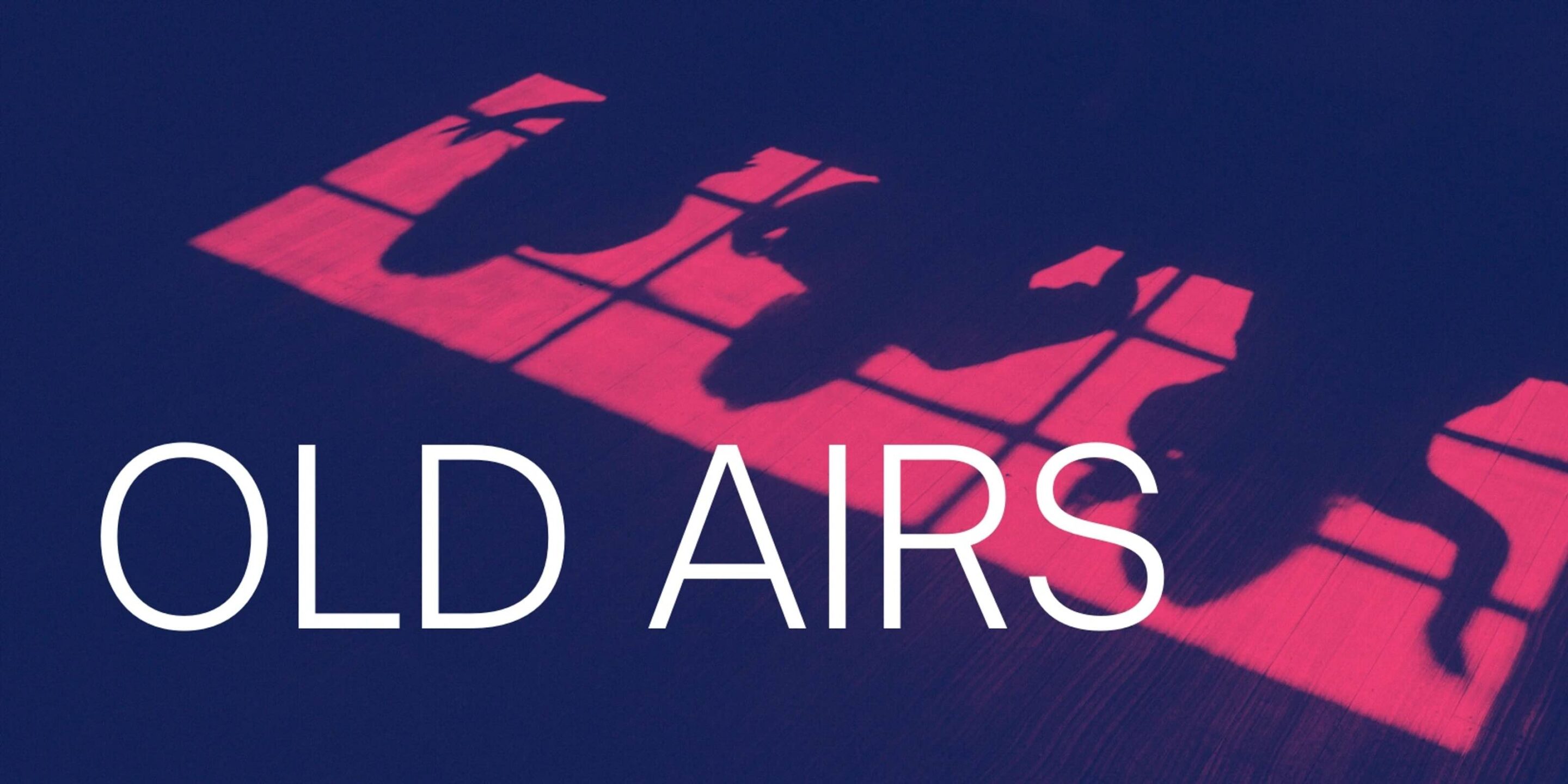
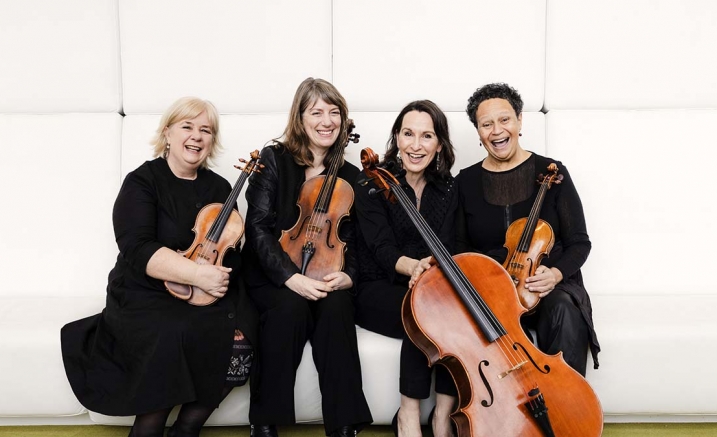

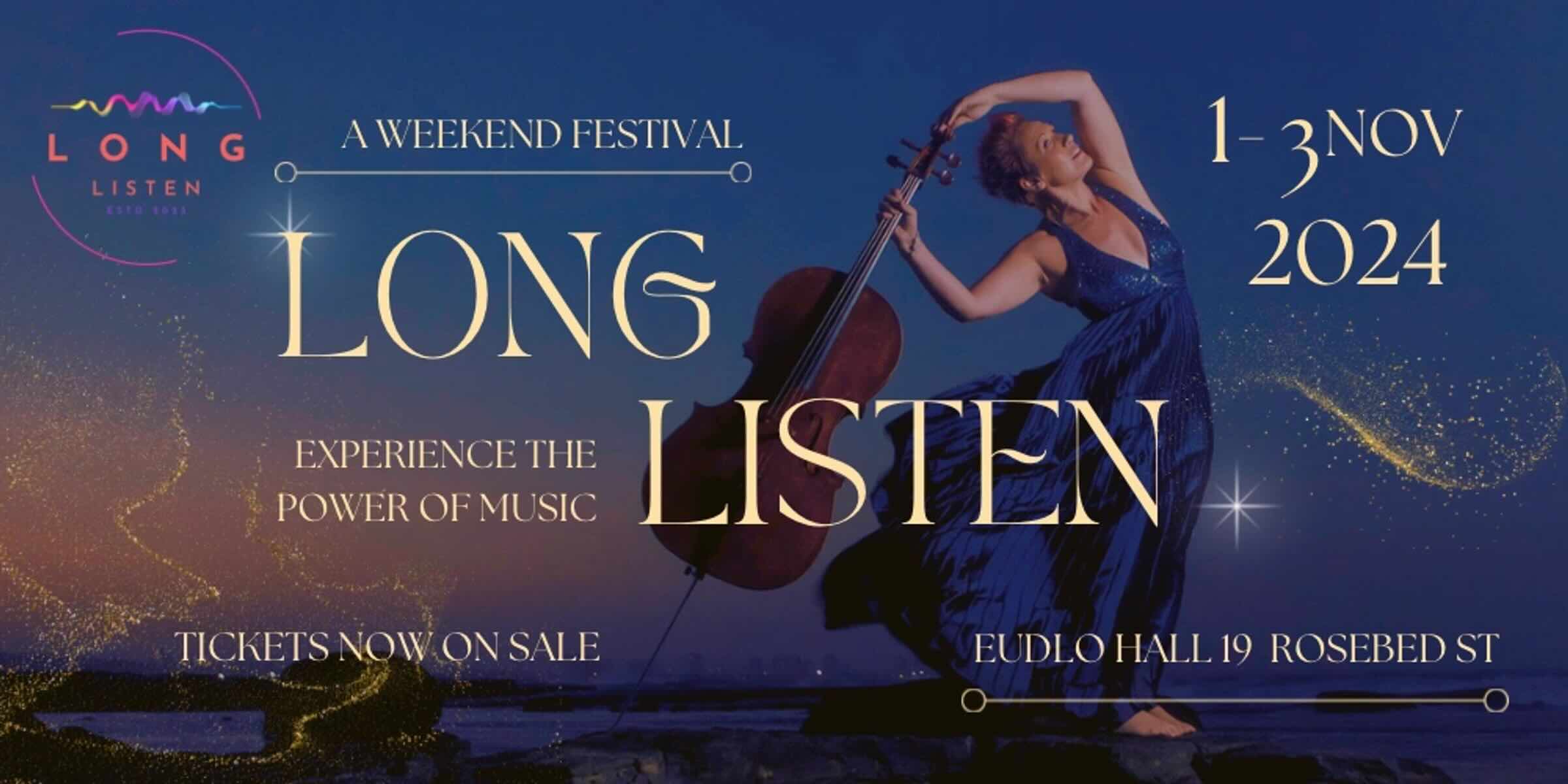
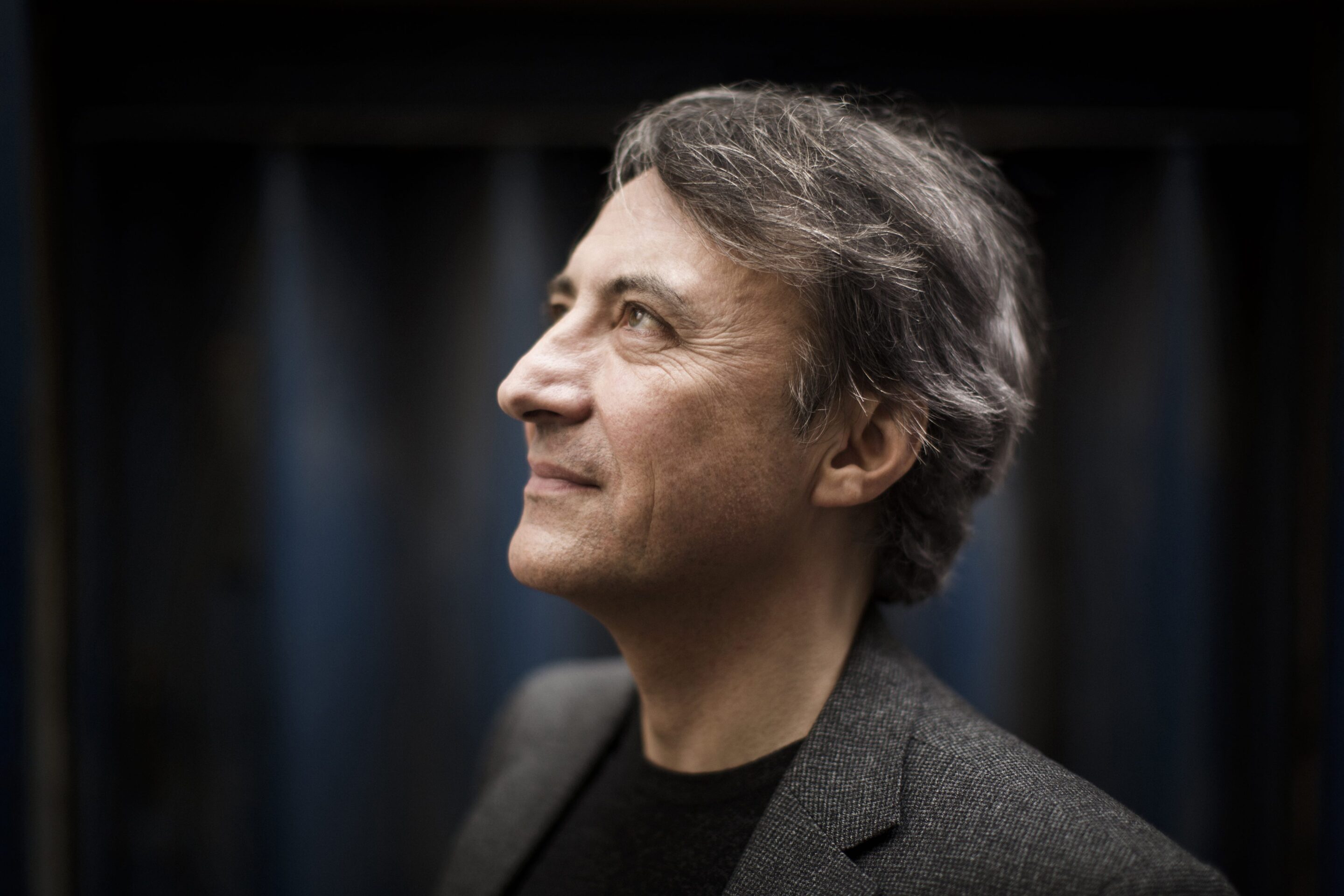

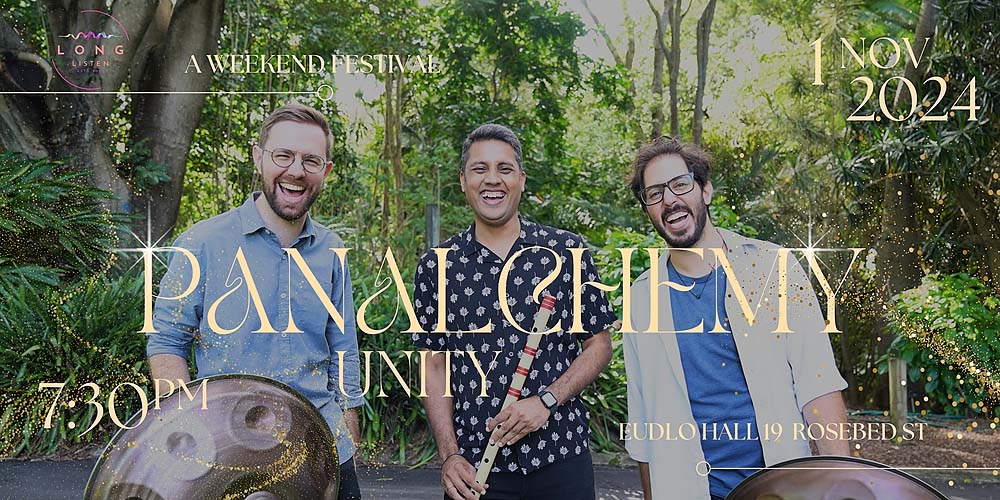

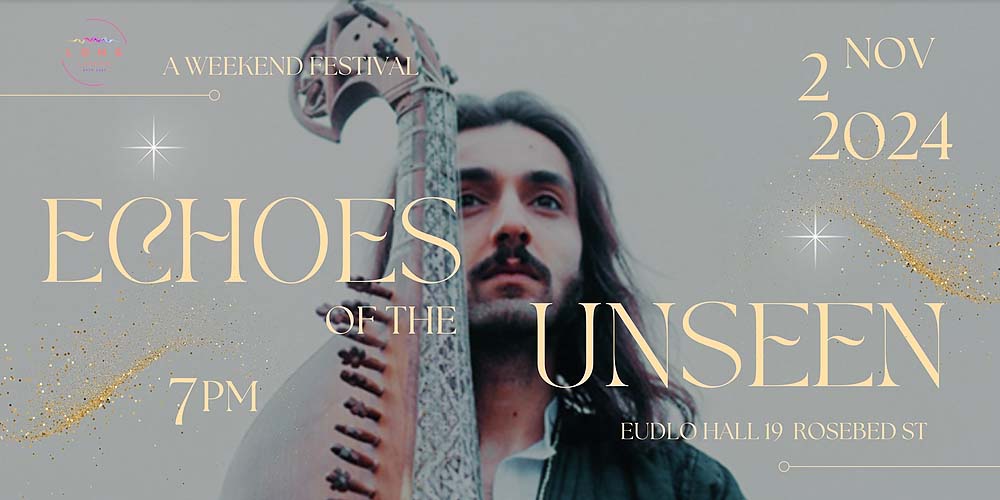
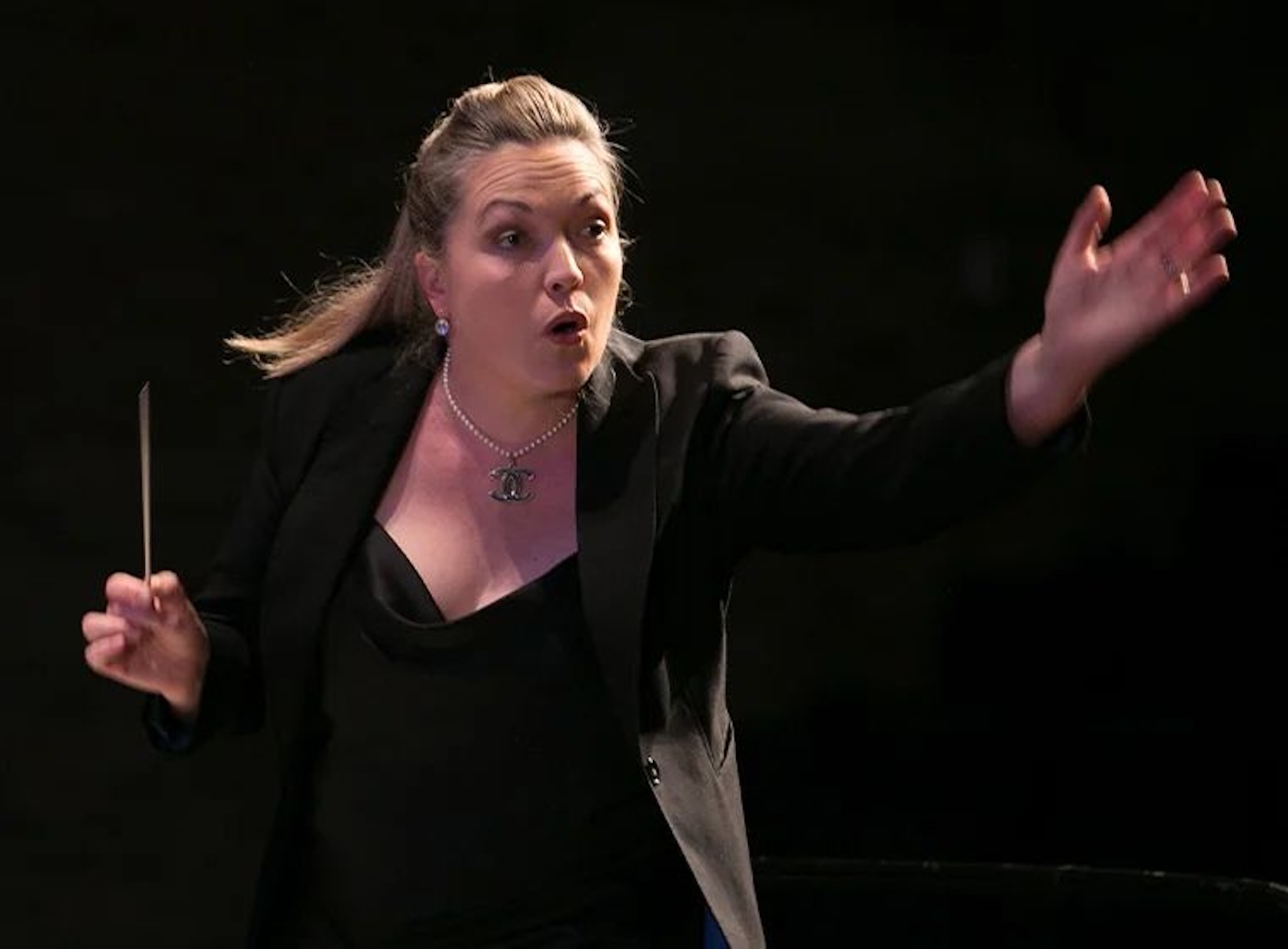
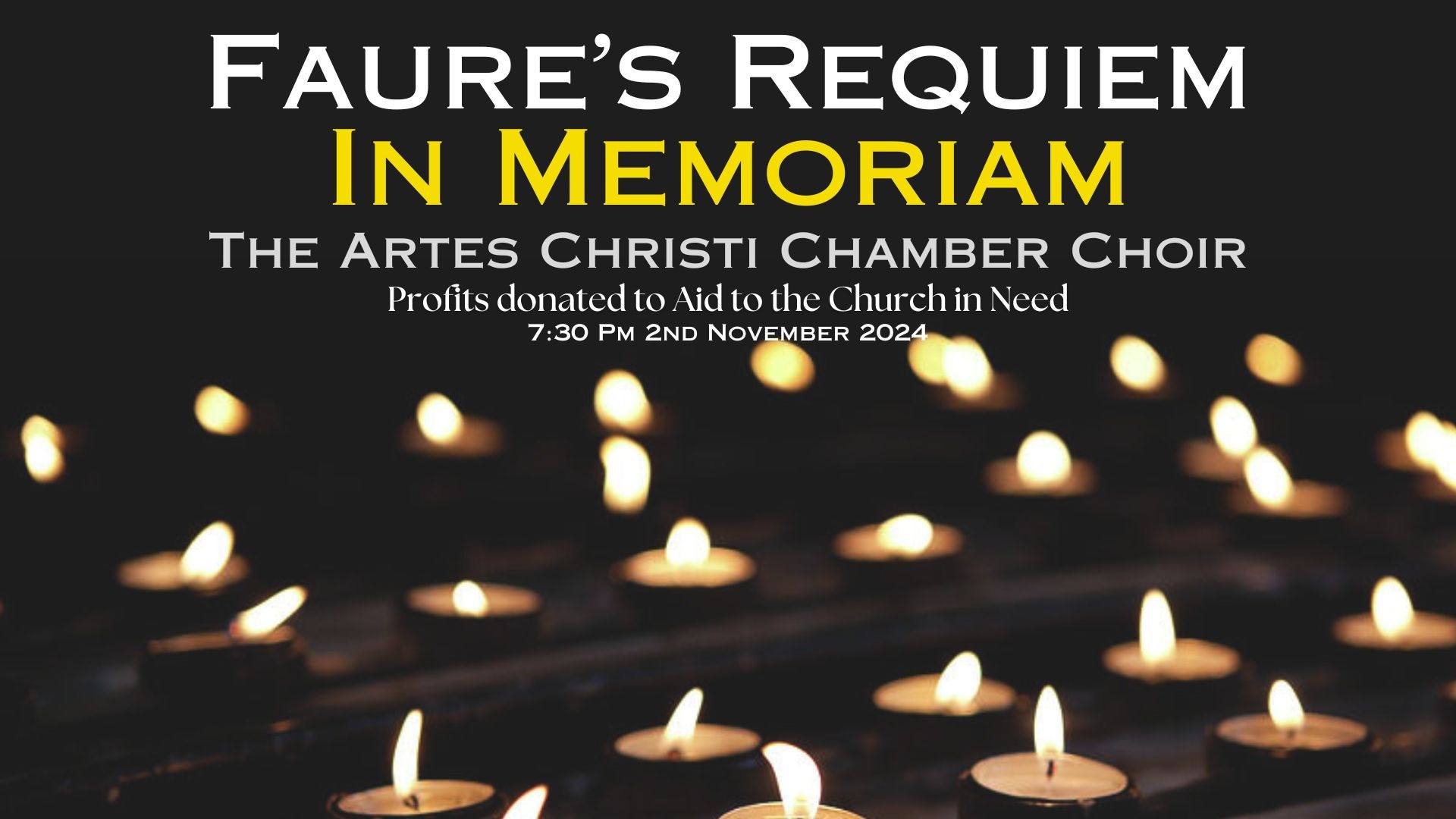
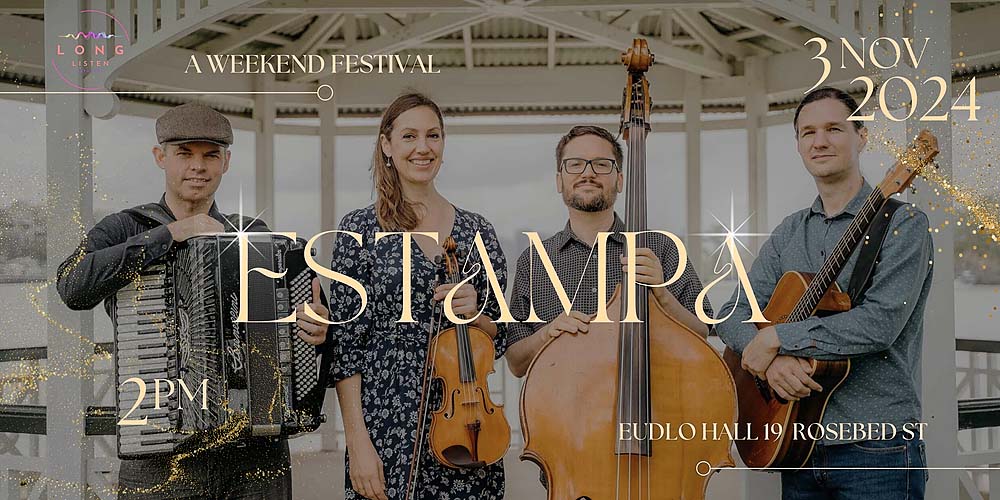

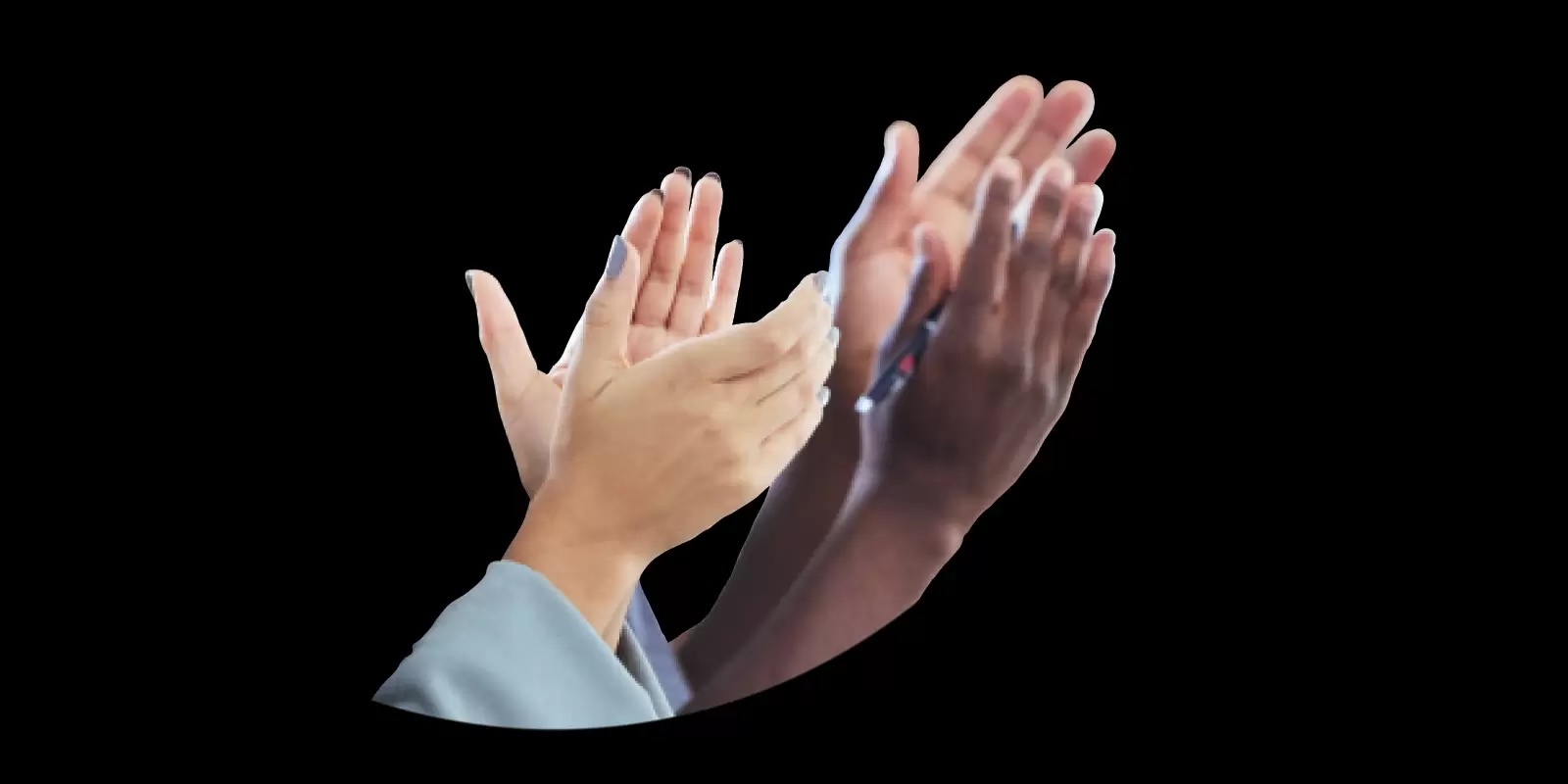



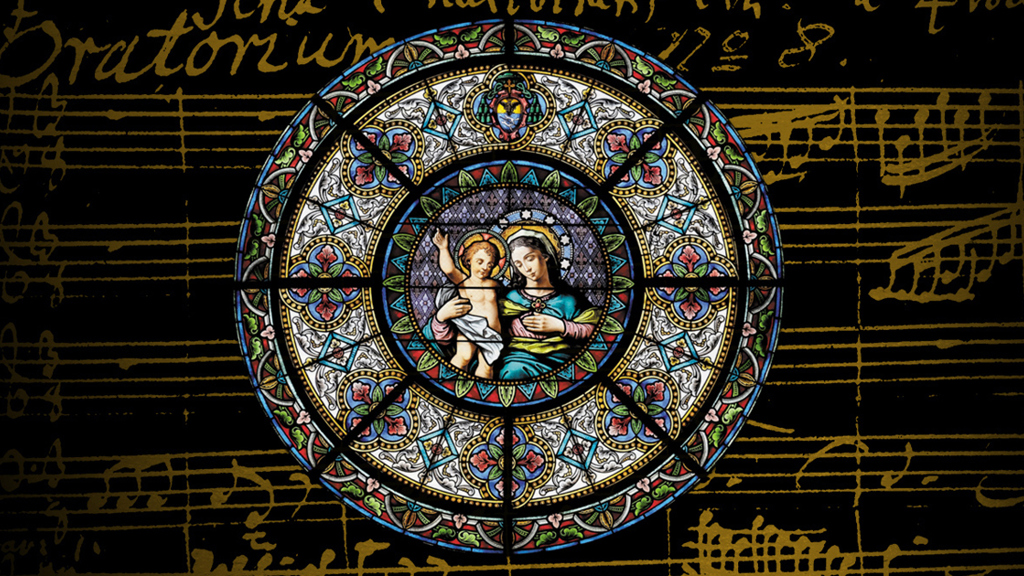
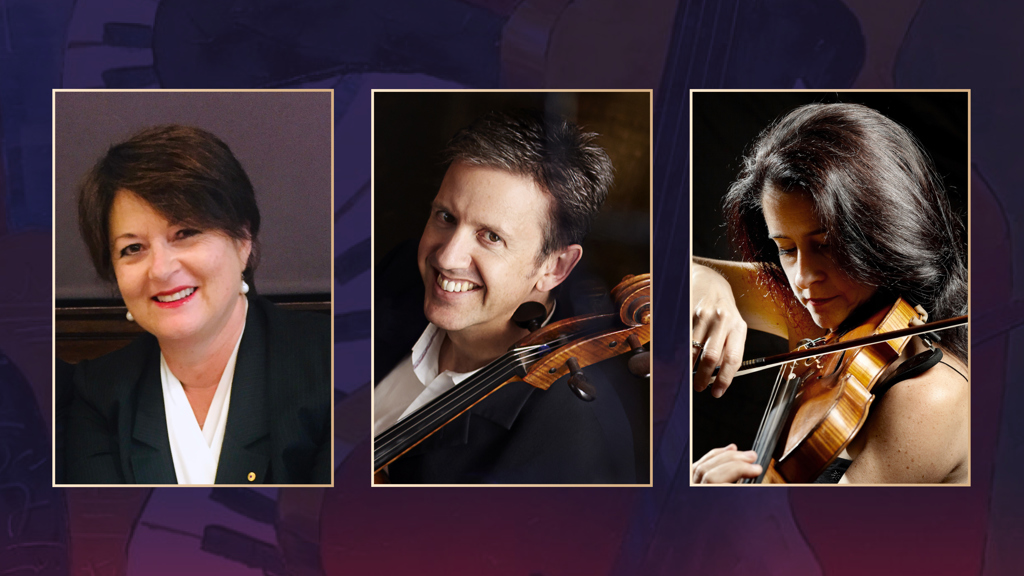

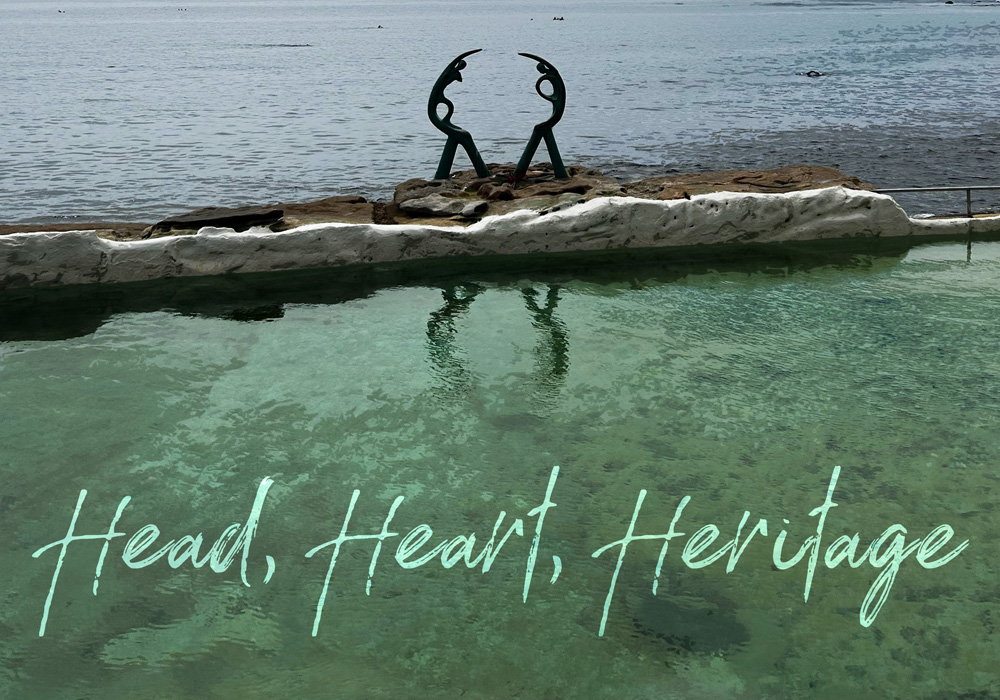
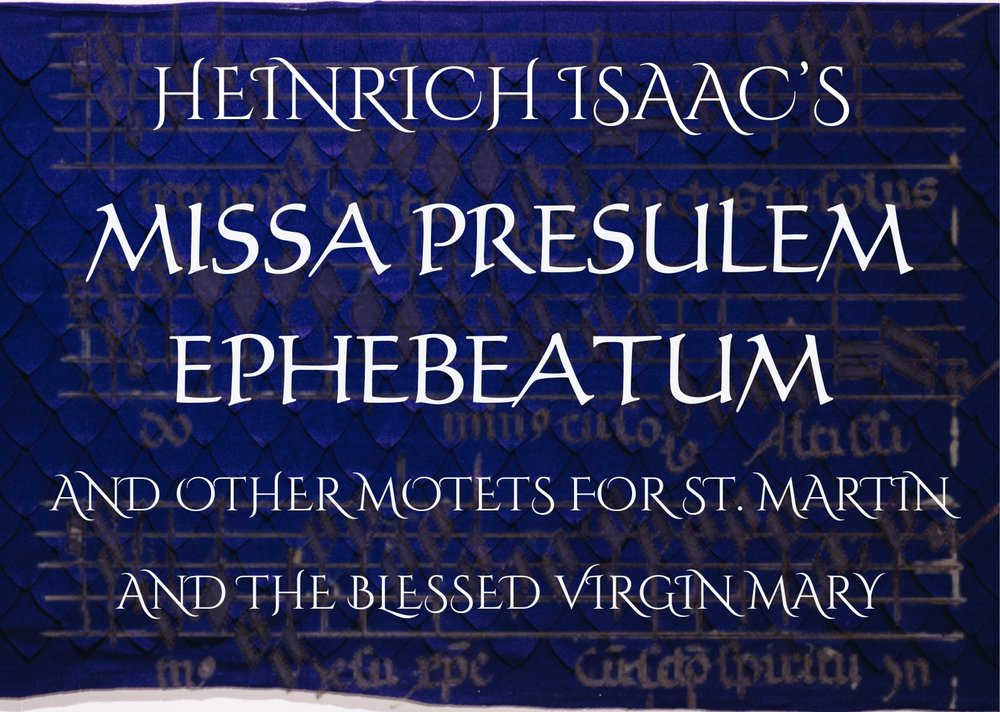

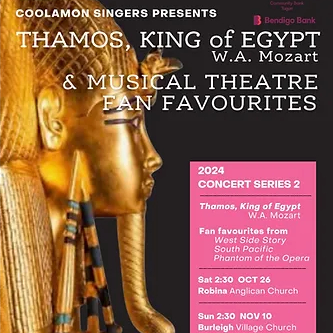
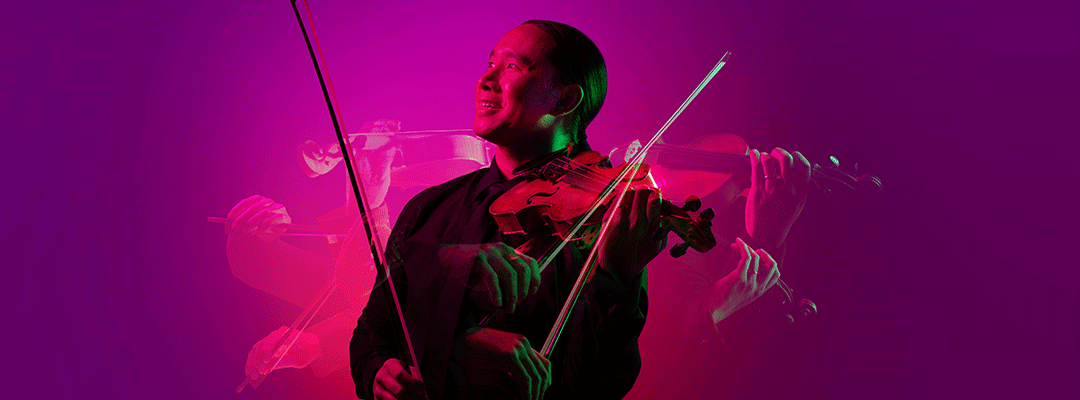


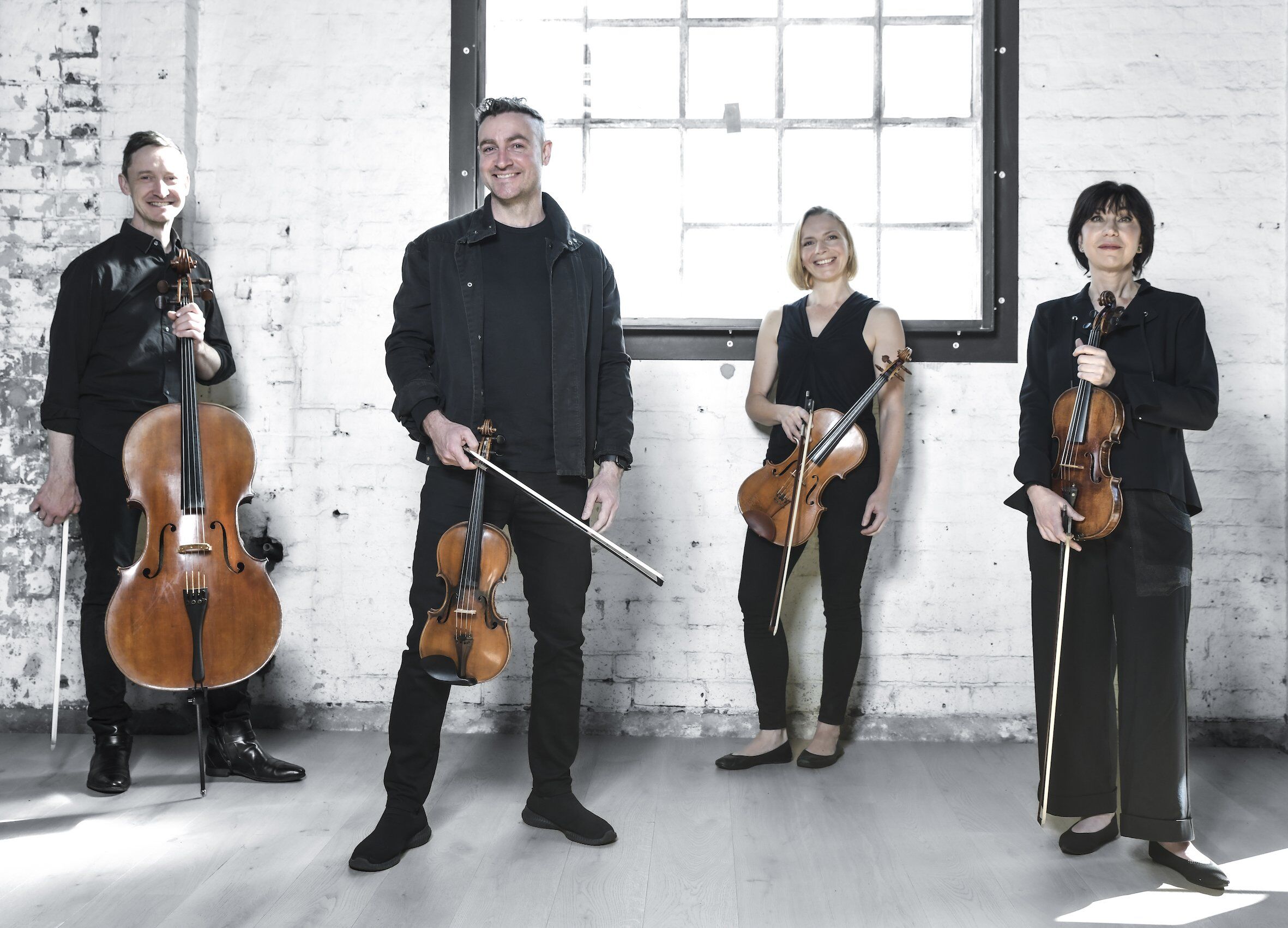

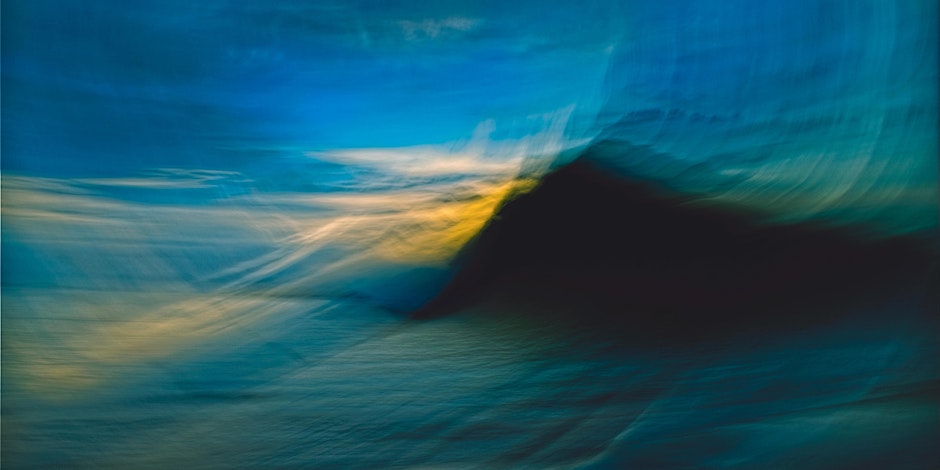

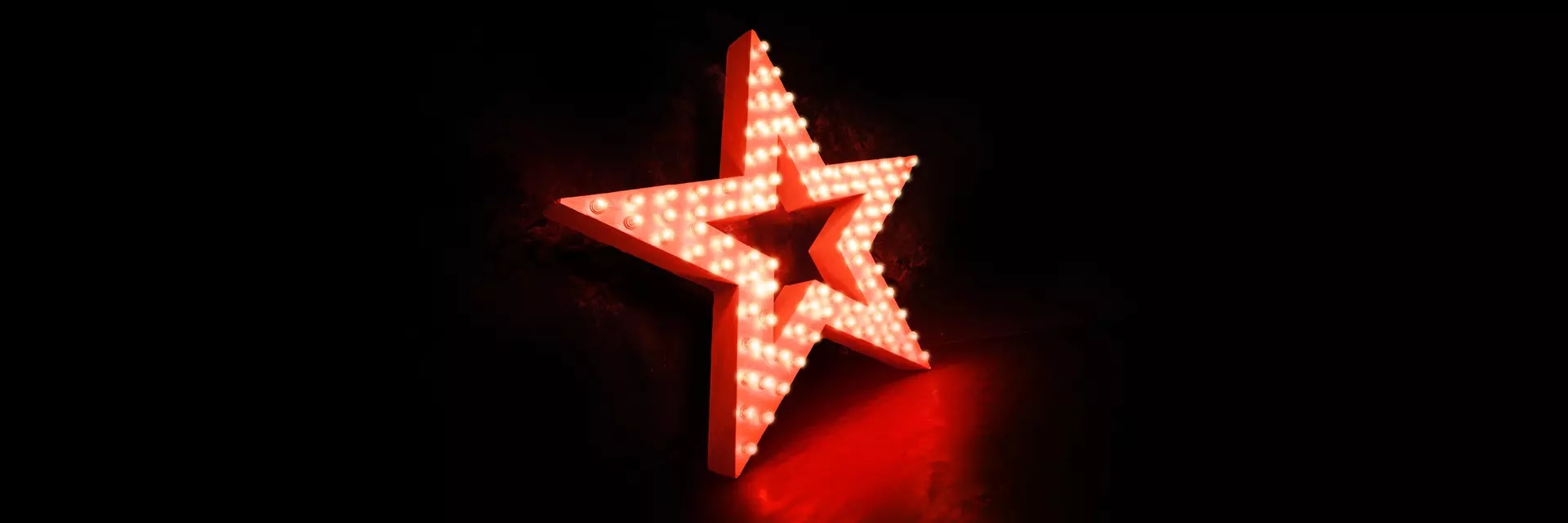

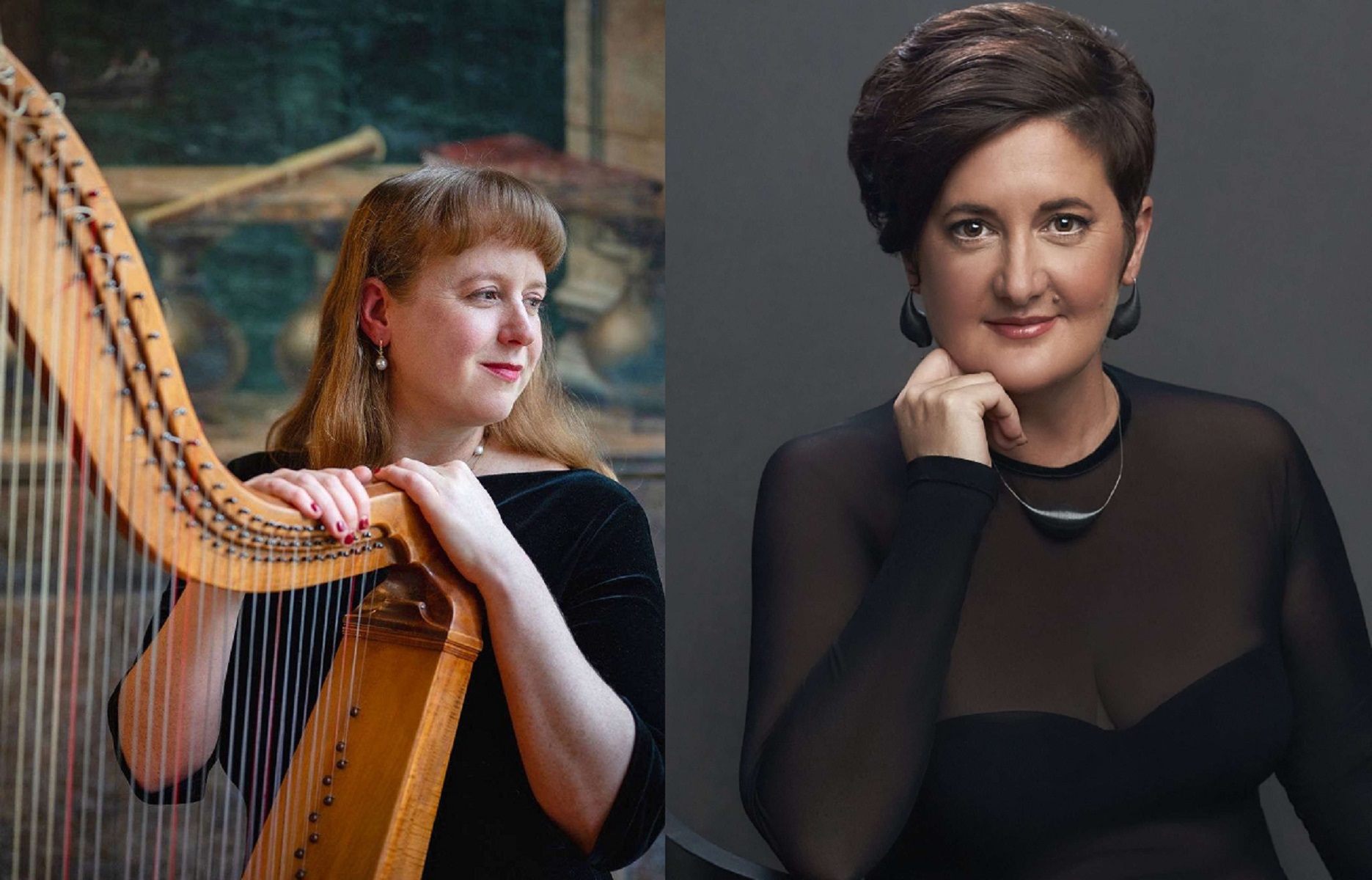
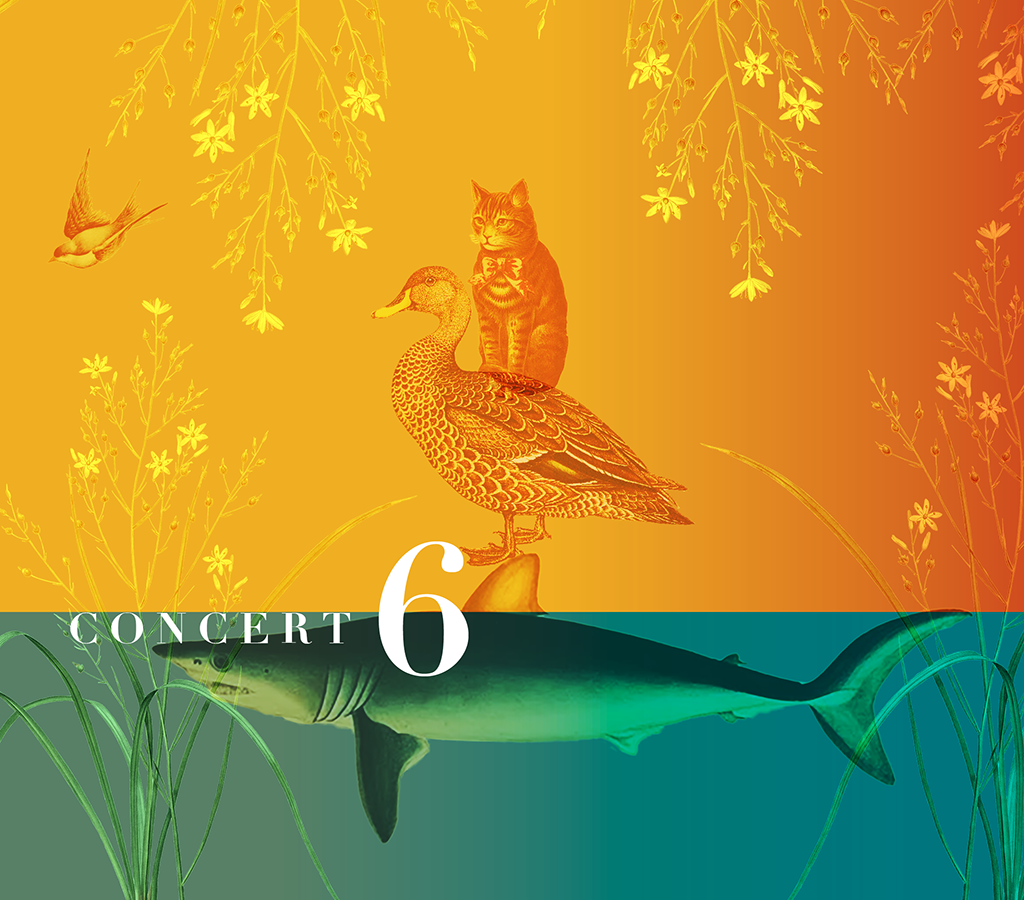

![user222 mrc mostlymozart [splendour of vienna] user222 mrc mostlymozart [splendour of vienna]](https://cdn-classikon.b-cdn.net/wp-content/uploads/2024/02/user222-mrc_mostlymozart_splendour_of_vienna.png)

